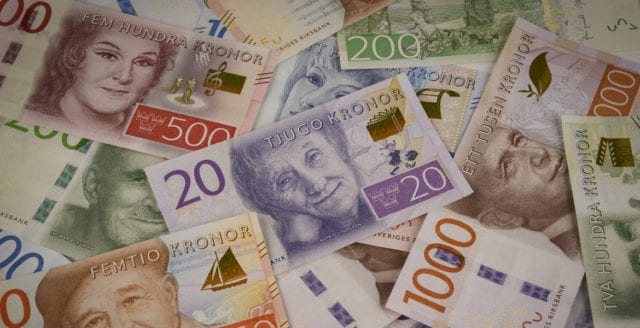Danish fourth graders were the most exposed to bullying among the Nordic countries last year, according to a study. More than half are reported to be regularly bullied.
The Trends in International Mathematics and Science Study (TIMSS) is an international study that primarily examines the knowledge of fourth and eighth graders in mathematics, science and technology. The study is conducted every four years and includes countries such as Denmark, Sweden, Finland and Norway. In Denmark, only fourth-grade students participate, while both fourth- and eighth-grade students are included in countries like Sweden.
The study also includes questions to students about different forms of bullying, such as being teased, excluded from friendship groups, subjected to violence, coercion or online bullying.
Half of Danish fourth graders bullied
Among fourth graders in Denmark, 52% reported being bullied on a weekly or monthly basis last year, according to the study. In comparison, 37% of pupils in Sweden and Norway said they had experienced the same, while in Finland the figure was 30%.
The figures also show that bullying had a negative impact on students' learning. Those who were bullied performed significantly worse in math, science and technology compared to those who were not bullied.
– I think this is a serious problem. It is also one of the factors that can help explain why well-being at school is declining, Ane Qvortrup, education researcher and professor at the University of Southern Denmark, told Danish state broadcaster DR.
However, the TIMSS study showed that Swedish fourth and eighth graders have improved their math skills since 2019, when the survey was last conducted. Sweden is now at the EU average for grade 4 and above the average for grade 8, according to the Swedish National Agency for Education.





